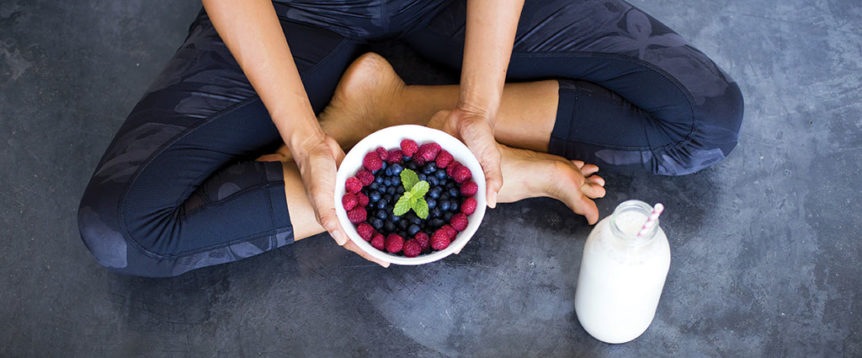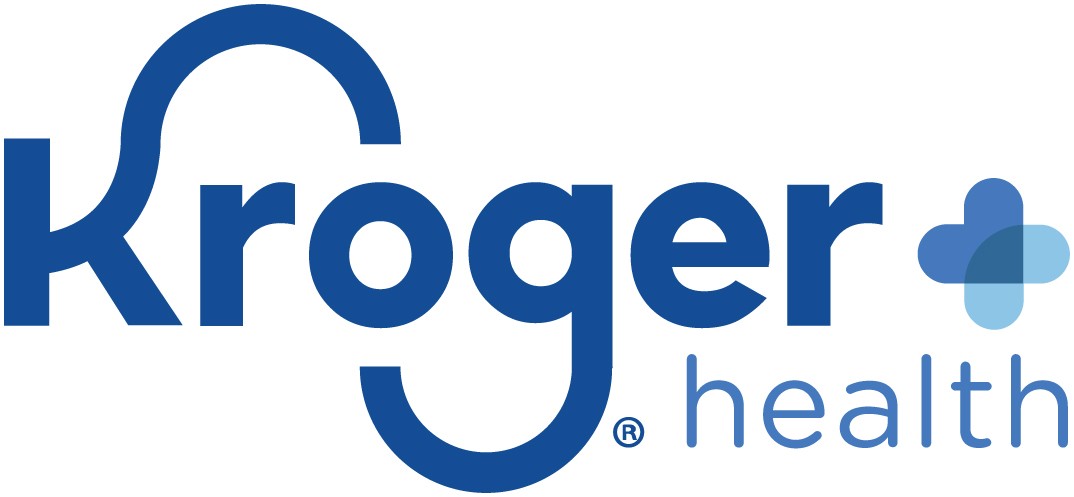Is there anything worse than being stressed? It can make you feel so overwhelmed that you find it hard to think, sleep and maybe even breathe. It can give you headaches, an upset stomach or even heartburn—and can hijack your energy, focus and ability to live a happy life.
And, unfortunately, too many of us are familiar with these feelings: According to the American Psychological Association’s most recent report on stress in America, three out of four Americans report experiencing at least one stress symptom in the last month, with 45 percent saying stress keeps them up at night, 36 percent reporting feeling nervous or anxious, and 34 percent saying stress causes serious fatigue.
While our bodies were designed to deal with acute stress—stress hormones trigger the fight-or-flight response so we can respond quickly to a life-threatening situation if needed—the kind of chronic stress most of us deal with puts our health at serious risk.
“When we’re stressed and the fight-or-flight reaction is activated, the immune system also gets activated,” says Sudha Raj, Ph.D., R.D.N., a teaching professor in the department of nutrition and food studies at Syracuse University. “Which means your body starts producing pro-inflammatory chemicals that are designed to protect you and then subside. The problem happens when our stress stays high and our immune system doesn’t turn “off,” adds Raj.
The good news is that there are a number of foods that can help calm this pro-inflammatory state and help to ease your stress, says Elizabeth Somer, M.A., R.D., a dietitian and medical advisory board member for Persona Nutrition.
Here, Raj and Somer share their top picks for stress-busting foods.
Blueberries: “This tasty superfood is packed with antioxidants, vitamin C and potassium,” says Somer, all of which help to ease the inflammation the stress response sparks.
Oranges: “Citrus is one of the diet’s best sources of vitamin C, an antioxidant that helps protect tissues from the ravages of stress,” says Somer.
Turmeric: Curcumin, the active ingredient in this spice, helps reduce inflammation and oxidative damage stress causes, says Raj.

Probiotic-rich foods: Foods like yogurt (look for little sugar and live, active cultures), kefir, tempeh, kefir and kombucha are loaded with good bacteria and natural anti-inflammatory compounds, says Raj.
Omega-3-rich foods: Most of us eat a lot more pro-inflammatory omega-6s (found in vegetable oil and many processed foods) than anti-inflammatory omega-3s (found in fatty fish, such as salmon and sardines)—which doesn’t do anything to help our stress, says Raj. “Lowering your intake of omega-6s and boosting your omega-3s can help lower chronic inflammation in your body,” she says, adding that whole-food sources of omega-3s are better than supplements. “Ideally, you want to get these beneficial phytochemicals from food rather than dietary supplements because they work most efficiently when they’re suspended in the food complex,” she says.
Learn how Kroger is helping people to live healthier lives at krogerhealth.com




